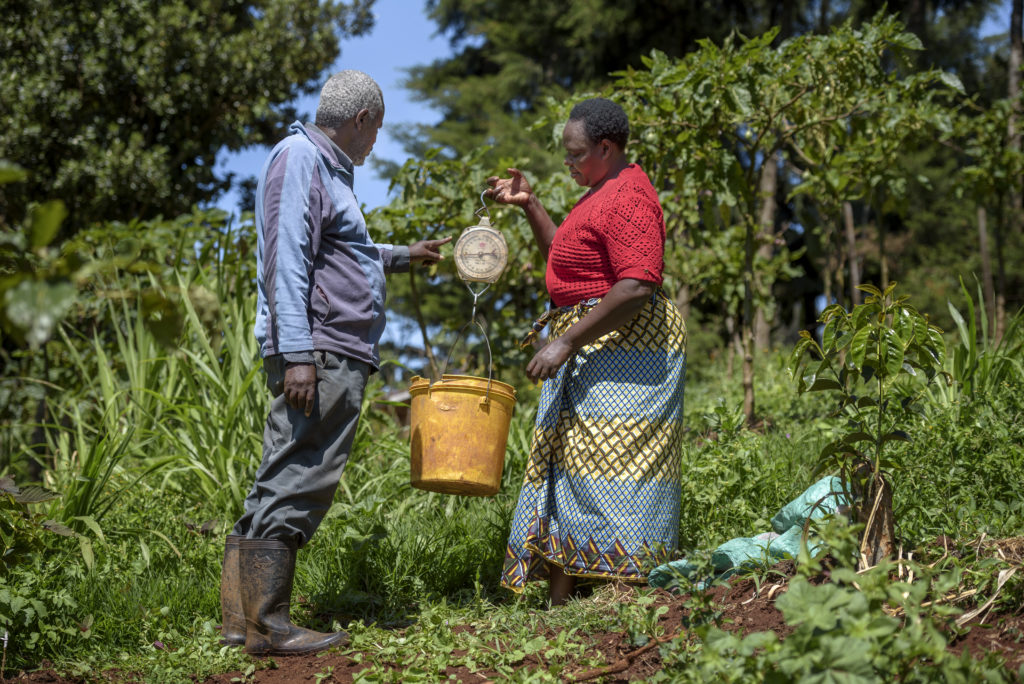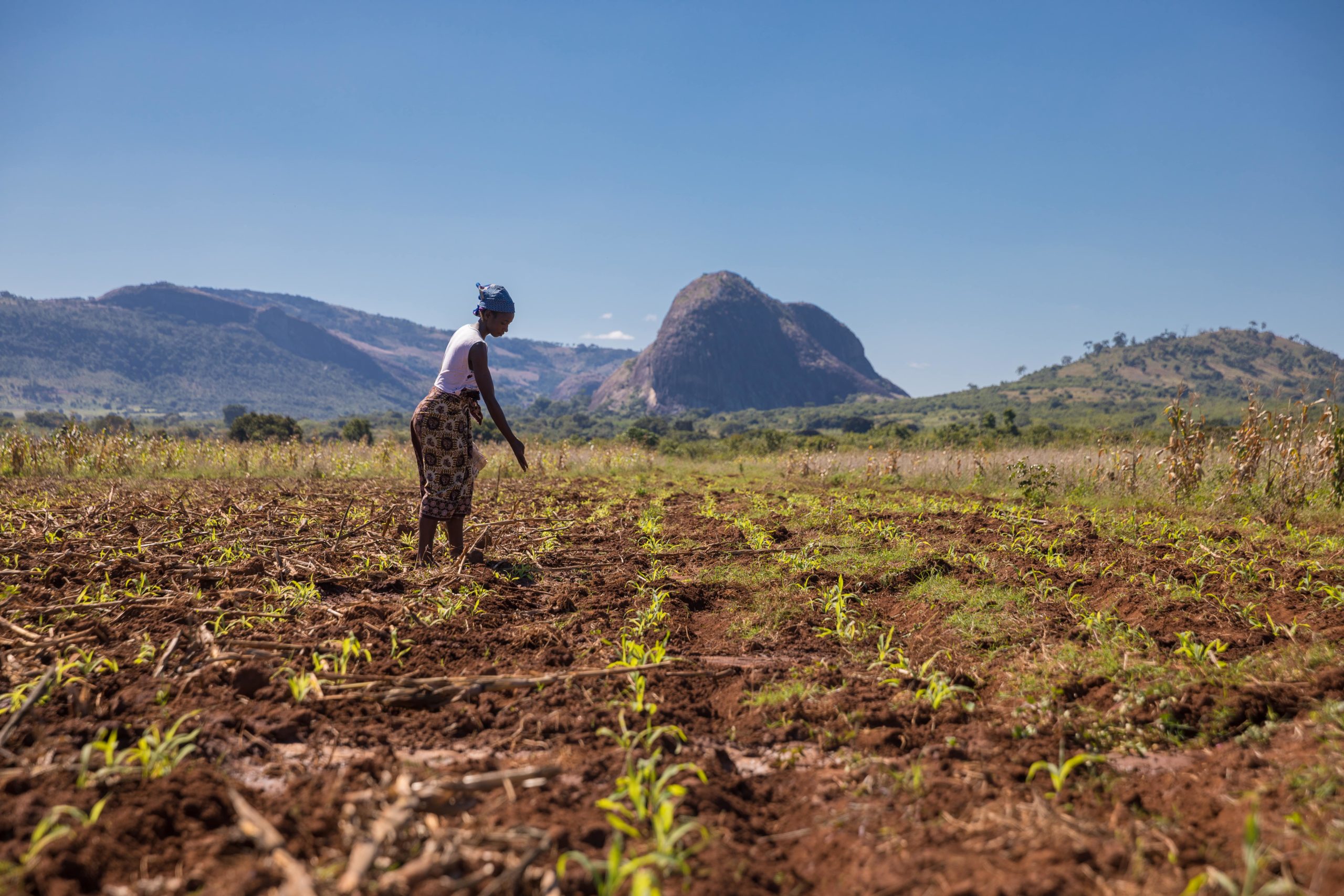
13 February 2023
Read our latest perspective on the EU’s deforestation-free products regulation
The European Commission’s proposed EU Regulation on deforestation-free products is a welcome step towards tackling global deforestation, and forest degradation, as well as an opportunity to level the playing field for companies. To be truly effective and achieve its objective, the proposal should ensure a just transition for smallholders towards sustainable, rights based and deforestation-free practices – without lowering the bar of the proposed requirements. This means that smallholders should not bear a disproportionate burden for compliance and/or be pushed out of the market. They should also be paid adequately for their products and supported to meet the EU requirements.
Smallholders (and especially women) are some of the most marginalised actors in global supply chains. They produce a third of the world’s food supply and represent an overwhelming share of the producers in sectors included in the scope of the proposal (such as coffee, cocoa and palm oil). They often depend on large operators to buy their product and to decide the price. The future Regulation must therefore ensure that operators do not pass an undue and disproportionate burden to smallholders to fulfil the due diligence requirements.
Smallholders will also need specific support to meet the new EU requirements, as well as structural support so that they lift themselves out of poverty. Smallholders are not just part of the problem though, they are also an essential part of the solution to effectively halt deforestation and forest degradation. Following on from our paper “Including smallholders in EU action to protect and restore the world’s forests”, we call upon the European Parliament and Council to consider these recommendations:
- Including international law on tenure rights and the right to Free, Prior and Informed Consent (Article 3)
- Spelling out the duty of operators to support the compliance of their suppliers (Article 4)
- Facilitating the application of the geolocation requirement to smallholders (Article 9)
- Making the due diligence obligation smallholder-inclusive
a) Integrating meaningful engagement of stakeholders throughout the due diligence obligation (Article 8)
b) Preventing abusive disengagement as part of risk mitigation measures (Article 10) - Assessment of countries and cooperation with third countries (Articles 27 and 28)
- Securing access to remedy (Article 30)
- Setting a comprehensive monitoring and review plan on smallholders (Article 32)

